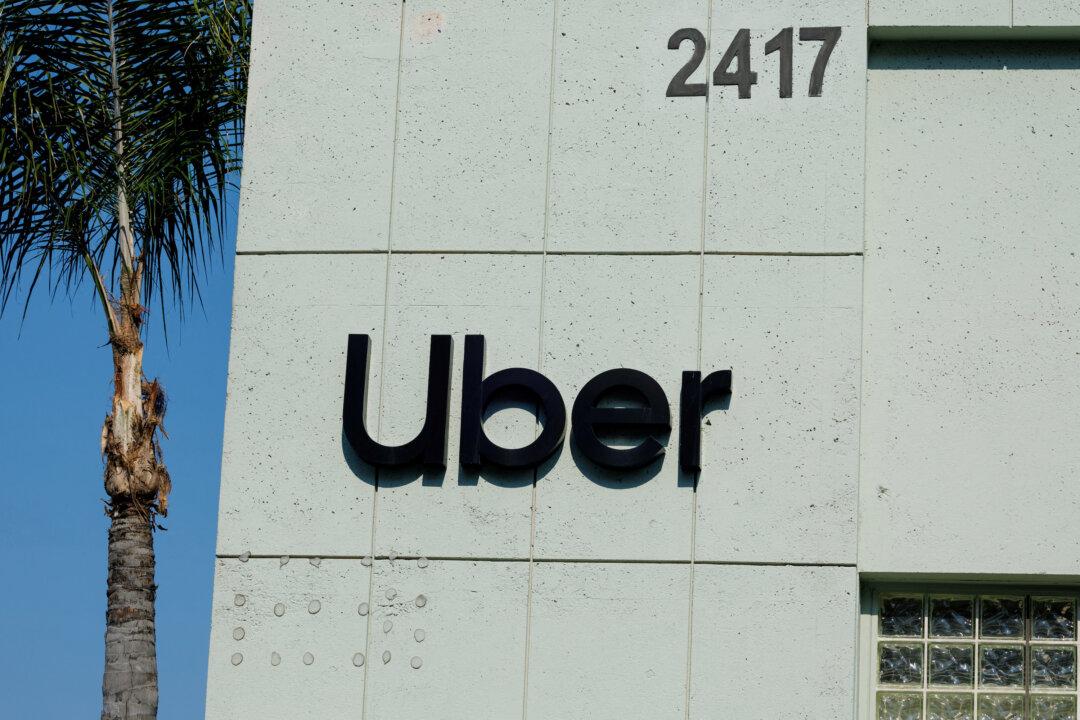LUXEMBOURG—Alphabet subsidiary Google lost an appeal to a 2.42 billion euro ($2.8 billion) European antitrust decision on Nov. 10, a major win for the bloc’s competition chief Margrethe Vestager in the first of three court rulings that could strengthen the EU’s push to regulate Big Tech.
Vestager sanctioned the world’s most popular internet search engine in 2017 for favoring its own price-comparison shopping service, giving itself an unfair advantage against its smaller European rivals.





